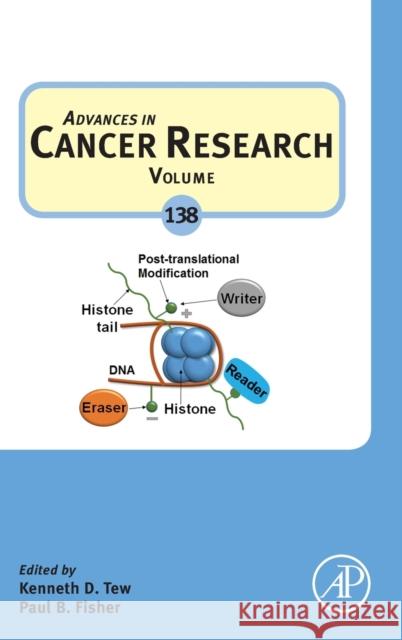Advances in Cancer Research: Volume 138 » książka
topmenu
Advances in Cancer Research: Volume 138
ISBN-13: 9780128151273 / Angielski / Twarda / 2018 / 248 str.
Advances in Cancer Research: Volume 138
ISBN-13: 9780128151273 / Angielski / Twarda / 2018 / 248 str.
cena 579,26
(netto: 551,68 VAT: 5%)
Najniższa cena z 30 dni: 575,70
(netto: 551,68 VAT: 5%)
Najniższa cena z 30 dni: 575,70
Termin realizacji zamówienia:
ok. 16-18 dni roboczych.
ok. 16-18 dni roboczych.
Darmowa dostawa!
Kategorie:
Kategorie BISAC:
Wydawca:
Academic Press
Seria wydawnicza:
Język:
Angielski
ISBN-13:
9780128151273
Rok wydania:
2018
Numer serii:
000042559
Ilość stron:
248
Waga:
0.50 kg
Wymiary:
22.91 x 15.19 x 1.6
Oprawa:
Twarda
Wolumenów:
01











